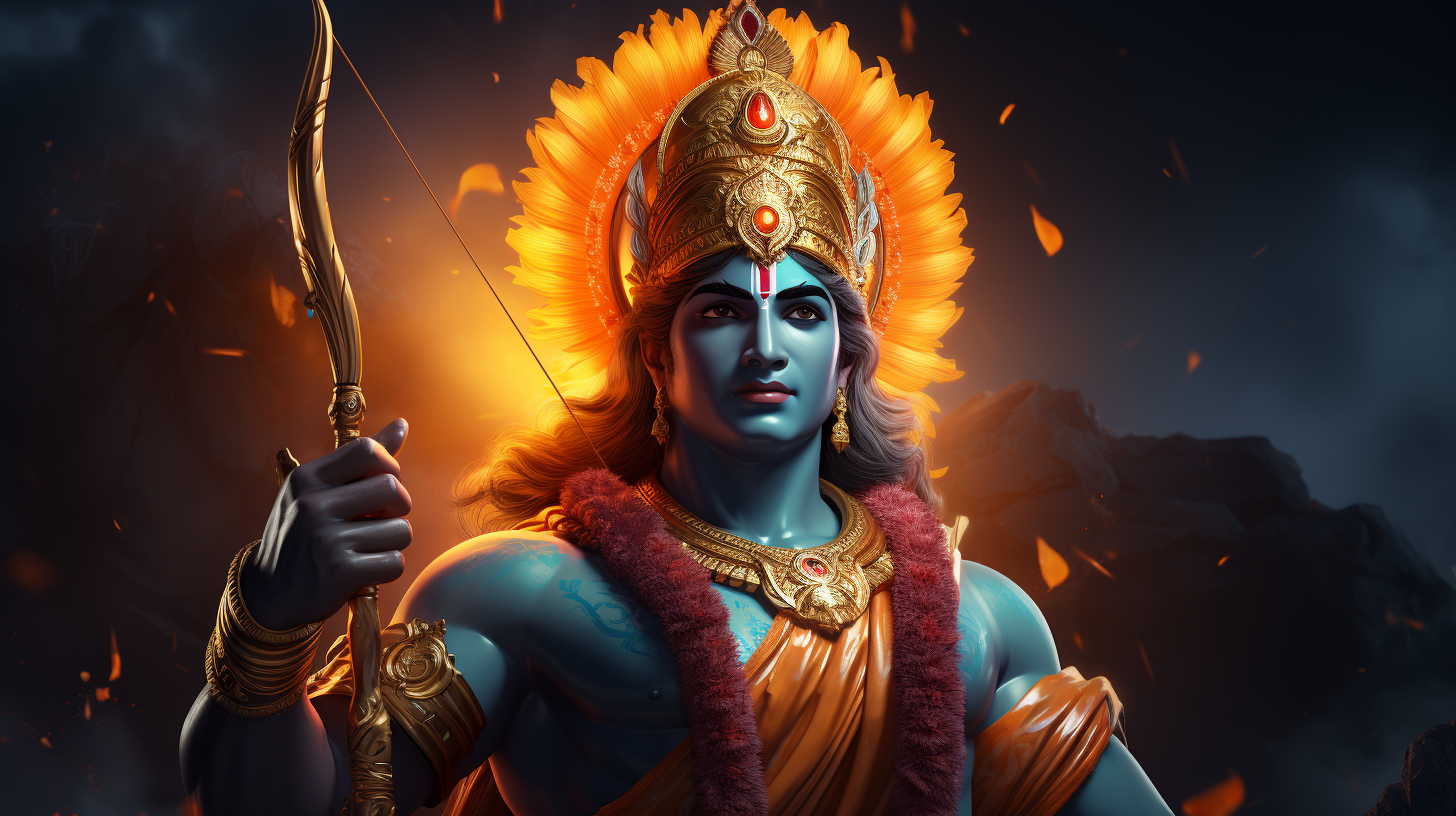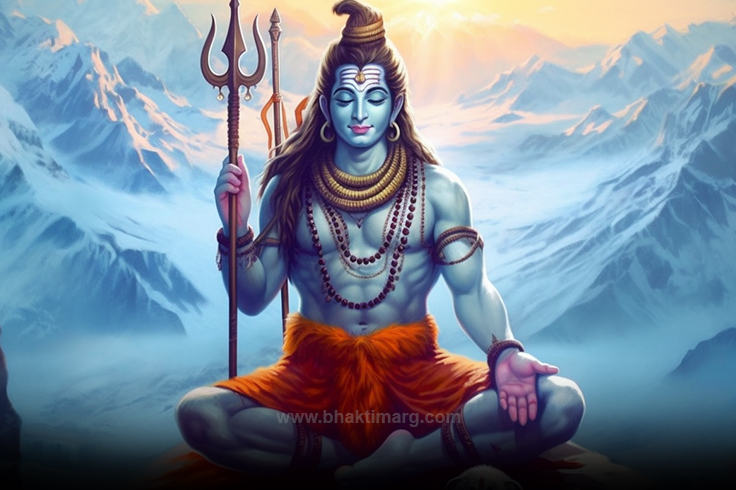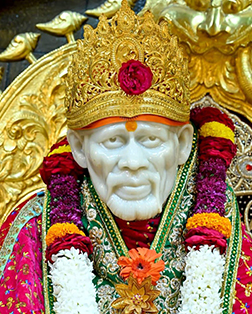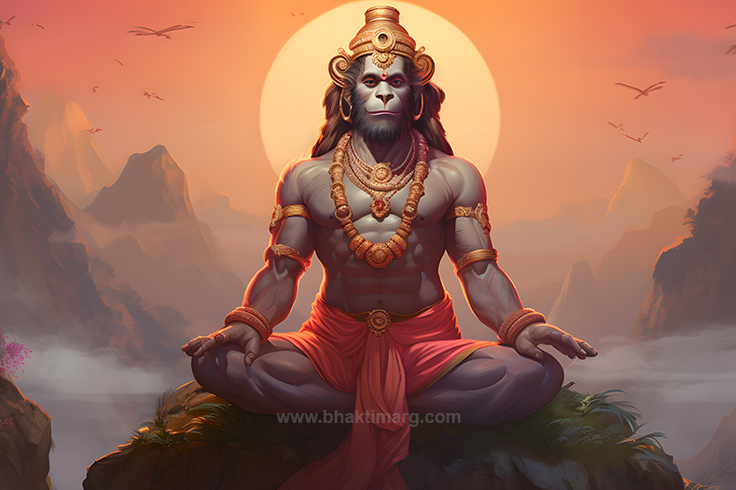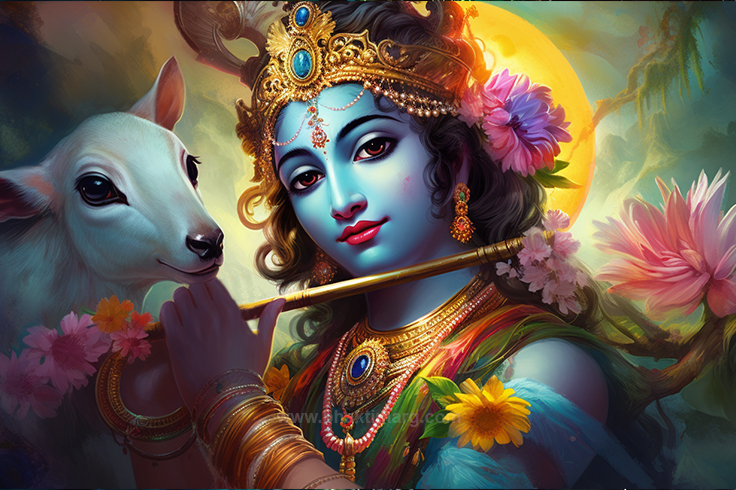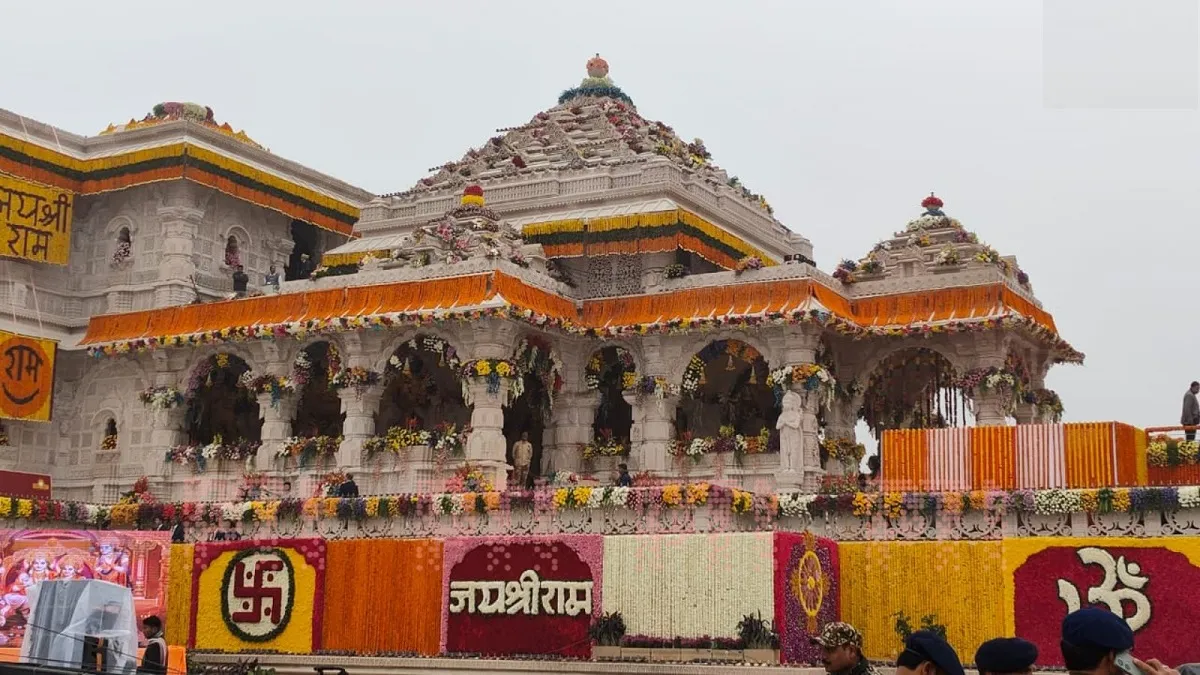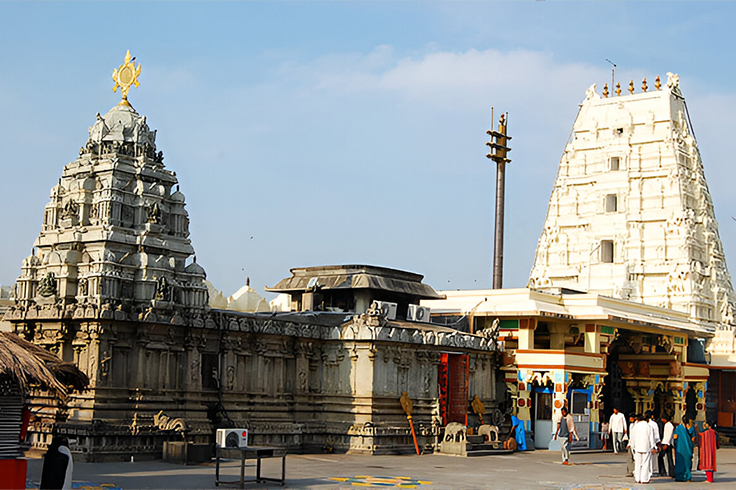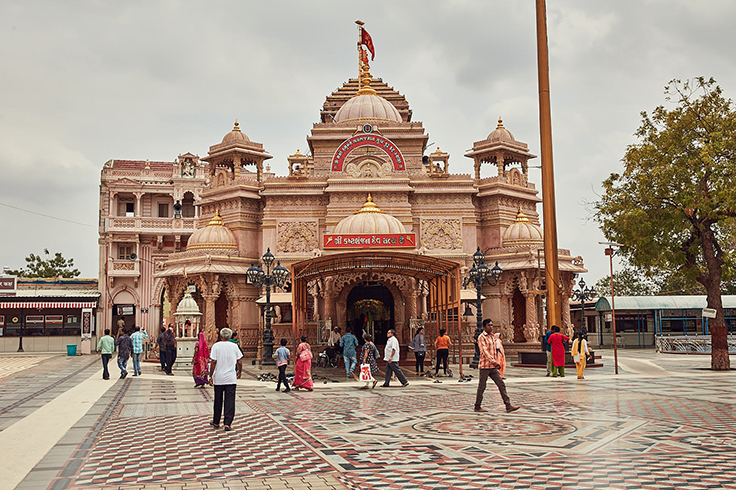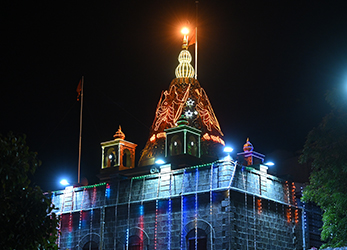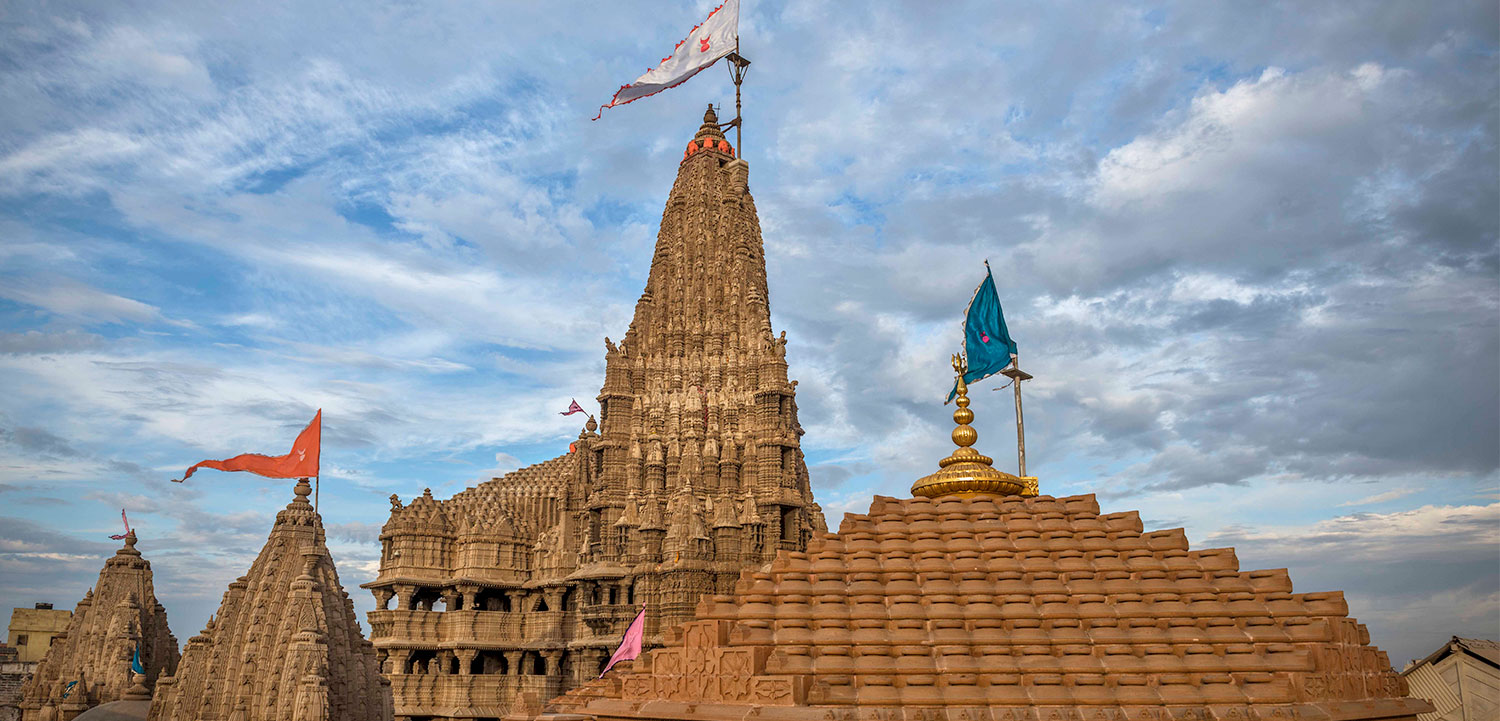
Navratri Fasting: 7 Health Benefits You Didn’t Know About
Each festival celebrated in Hinduism has a deep meaning and a reason behind its celebration, the same is true with Navratri Celebration. In the Hindu tradition there are different Navratri followed in different spears of cultural beliefs there are namely, Shardha Navaratri, Chaitra Navratri, Magha Navratri, and Ashada Navratri. This festival spans nine nights dedicated to worshipping Goddess Durga or the nine forms of divine feminine, it is a time of spirituality, devotion, and, for many, a period of fasting. Navratri 2024 starts on the 3rd of October and will continue until Dusehrra on the 12th of October.
Among all the Navratri the Sharada Navratri is celebrated on a grand scale in Hinduism and it falls in the month of September-October. This span of nine nights is celebrated with zest honoring the feminine the energy source of the universe that is Mata Shakti. But beyond the religious significance, Navratri fasting benefits are also related to human body health that many may not be aware of. In this blog, we will delve into the importance of Navratri, the dos and don’ts of fasting, the health benefits of Navratri fast, and how it is a rejuvenating experience for the body and mind.
Meaning Behind Navratri Celebration And About Fasting
The word Navaratri translates to nine nights, this festival is celebrated in nine days and nine nights and predominantly two times in a year, once during spring called Chaitra Navratri, and once in the fall called Sharad Navratri. The festival famously honors the victory of Goddess Durga over the demon Mahishasura, symbolizing the triumph of good over evil. Each of the nine days is devoted to different forms of Durga, and devotees worship the goddess with prayers, rituals, and fasting.
The Navratri celebration is conducted differently in different states and communities all owing to praise and seeking blessing from the goddess. People establish huge goddess idols and conduct pooja and havan, there are various beliefs regarding these rituals. One is that for nine days Goddess Durga is fighting the devil and hence this pooja sustains her divinity against evil, another belief is that during this period the evil had trapped Goddess Parvati and she was fighting to break free taking different forms and on the tenth day she got the victory and hence it is celebrated as Dusshera or Vijayadashmi, meaning on the tenth-day victory was achieved by defeating evil.
This day also coincides with the day Lord Rama killed Ravana hence it is an occasion of double celebration. The Navratri vrat is released on Dusherra so devotees believe that this nine-day fast is the symbolism of being in sync with the goddess and fighting the evil within as the end of the evil in the world.
Generally, Navratri fasting means devotion to the Goddess Durga yet it is also a way to detoxify and purify the body. Traditionally, fasting is believed to be a form of spiritual practice that cleanses the mind-body, and soul and helps form a deeper connection with the divine preparing an individual to elevate their being.
Navratri Fasting Benefits
1. Detoxification of Mind Body and Soul:
One of the primary health benefits of Navratri fasting is detoxification, which purifies the body in turn the mind and thoughts elevating human existence. By avoiding processed and heavy foods, your body gets a break from the constant burden of digestion, allowing it to cleanse itself. The diet helps eliminate toxins and promote a natural detox, as one avoids foods like sugar, gluten, and processed food, the liver and kidneys get an opportunity to flush out accumulated toxins, leaving you feeling refreshed
2. Aids Gut Health and Digestion
Another Navratri fasting benefit involves the rejuvenation of gut health, eating lighter, more easily digestible meals promotes gut health. Clean eating gives a person’s digestive system a break, aiding in better nutrient absorption and improving overall digestive health. Moreover, this becomes intermittent fasting that allows your stomach to process food more efficiently, improving digestion over time
3. Improve Metabolism
Fasting, when done correctly, can enhance metabolism practices like eating small, nutritious meals to stabilize blood sugar levels, and keep your metabolism active, along with burning stored fats and calories which can aid in weight management
4. Bring Discipline in Eating Habits
During Navratri Fasting cutting out junk food and sticking to a clean diet is beneficial for the body and has positive effects on mental health your mind becomes clearer and more focused. The mental discipline required for fasting during Navratri aligns with the spiritual goal of seeking a deeper connection with oneself and the divine
5. Helps Weight Loss
Many people find that Navratri vrat helps them shed a few pounds, since the fasting diet emphasizes low-calorie, nutrient-rich foods, it naturally leads to a calorie deficit the diet includes consuming fruits, vegetables, and lighter meals, burning stored fat for energy, aiding in weight loss. This form of fasting is a healthy way to lose weight, as it doesn’t involve extreme caloric restriction but promotes balance and moderation
6. Regulate Blood Sugar Levels
Fasting can improve insulin sensitivity and help regulate blood sugar levels, as Navratri Vrat includes eating natural, unprocessed foods, you reduce the risk of sudden spikes in blood sugar. This is particularly beneficial for individuals with prediabetes or those looking to maintain a balanced sugar level throughout the day
7. Boost Immunity
During health benefit of Navratri fasting, is it helps detoxify your body and boost your immune system as the diet is packed with essential vitamins, minerals, and antioxidants that strengthen your body’s defenses against illnesses
Navratri Fasting Procedure: The Dos and Dont’s
The Navratri vrat is a nine-day long fast that is started on the first day and released on the 10th day when Mata Durga ends Mahishasur and his atrocities. So it is a kind of penance, as the hence there are health benefits of the Navratri fast there are some do’s and don’ts of the Navratri fasting they are as follows,
- The very first thing would be to consume Sattvic Food that keeps your mind and body calm grounded and pure, so maintain a diet of pure, light, and easily digestible foods such as fresh fruits, vegetables, and dairy products, on can also consume buckwheat (kuttu), water chestnut flour (singhara), and amaranth (rajgira)
- Then it’s essential to drink plenty of water to eliminate toxins from your body, coconut water, herbal teas, and fresh fruit juices to stay hydrated, also dehydration can lead to headaches and fatigue
- Instead of large meals that make your body heavy and lazy, opt for smaller portions spread throughout the day to maintain energy levels and metabolism
- For maintaining health use ghee or cold-pressed oils in moderation, as healthy fats help maintain stamina and are beneficial for the body during fasting
- Generally, the fast continues for 9 days but the ones who cannot continue can keep it every day until Dussehra, after fasting for several hours, break your fast with a light, easily digestible food to prevent digestive issues
- To maintain a healthy and pure body temperament avoid packaged snacks, fried foods, and sweets it helps one learn to control tempting, oily food and defeat the purpose of detoxifying the body
- During Navratri fasting keeping health in mind, one should avoid coffee or tea it can lead to dehydration, jitteriness, and an energy crash
- The whole idea of this fasting is elevating one body mind and soul to a higher level so one needs to keep control of indulgence, as It’s easy to overindulge during the “fast,” but eating too much in one sitting can lead to indigestion and lethargy, moderation is key
To conclude the Navratri fasting is much more than a religious ritual; it is a time for both spiritual reflection and physical rejuvenation. When practiced with mindfulness, it offers several health benefits, from improved digestion to enhanced mental clarity and better immunity, so this Navratri celebration indulge in mindfulness and healthy habits.
Read more blogs:




